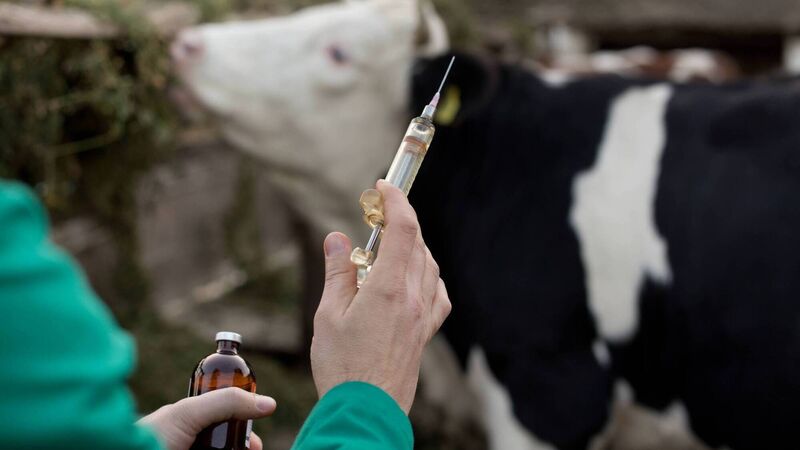VCI report finds 56% of vets are male while 44% are female

There are 3,044 registered vets in Ireland. File Picture.
The Veterinary Council of Ireland (VCI) received 38 complaints in 2020, 25 of which were dealt with by the Council’s Preliminary Investigation Committee, according to its annual report which was launched this week.
Meanwhile, the remaining 13 complaints are awaiting further consideration this year while three fitness to practise inquiries - which related to complaints received prior to 2020 - were held.










